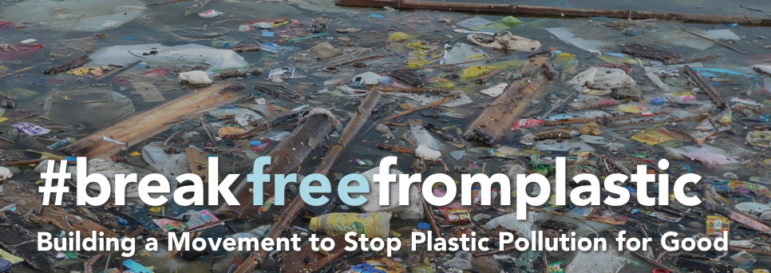Oil and gas wells produce the chemicals needed to produce 99% of plastics.
Nearly all U.S. shale wells are fracked, and in addition to oil and gas, they generally produce a very high volume of natural gas liquids, or NGLs, a suite of chemicals that include butane, propane, and ethane.
Ethane is the most prolific NGL by volume, making up around 10% of natural gas, but it does not have market value without additional manufacturing. In order to turn Ethane into Ethylene, a key precursor to many plastic products, it must first be ‘cracked’ by manufacturing plants called ‘crackers’.
The Oil & Gas Industry Want to Create New Demand For Plastics
As the fracking boom matures, the oil and gas industry is seeking new ways to monetize U.S. shale production. The oil and gas industry no longer pretends that drilling and fracking are about energy independence. New natural gas (liquified natural gas or LNG, not to be confused with NGL) export facilities have come online and more are planned. And now new ethane crackers and petrochemical manufacturing are planned to take advantage of ethane from U.S. fracking. The Center for International Environmental Law have been reports on plans to build or expand 264 petrochemical plants and increase U.S. plastics production by 1/3.
The irony is that the U.S. market for plastics is not projected to increase, so this buildout of new infrastructure will be for plastic for export markets. Frontline groups are fighting these plants around the country, particularly in Louisiana, the Texas Gulf Coast, and Appalachia.
Fighting Plastic Where it Starts
In order to continue help protecting communities impacted by oil and gas, Earthworks has joined the Break Free From Plastics movement. Together, we will work with global partners fighting for waste worker rights, fighting against incineration of plastic waste, and fighting to protect the oceans from filling with plastic waste. Our goal is to prevent the boom in natural gas supply from ushering in a new generation of large scale petrochemical plants for plastics, pumping methane, ethane, and health-harming pollution into the air all along the way.

